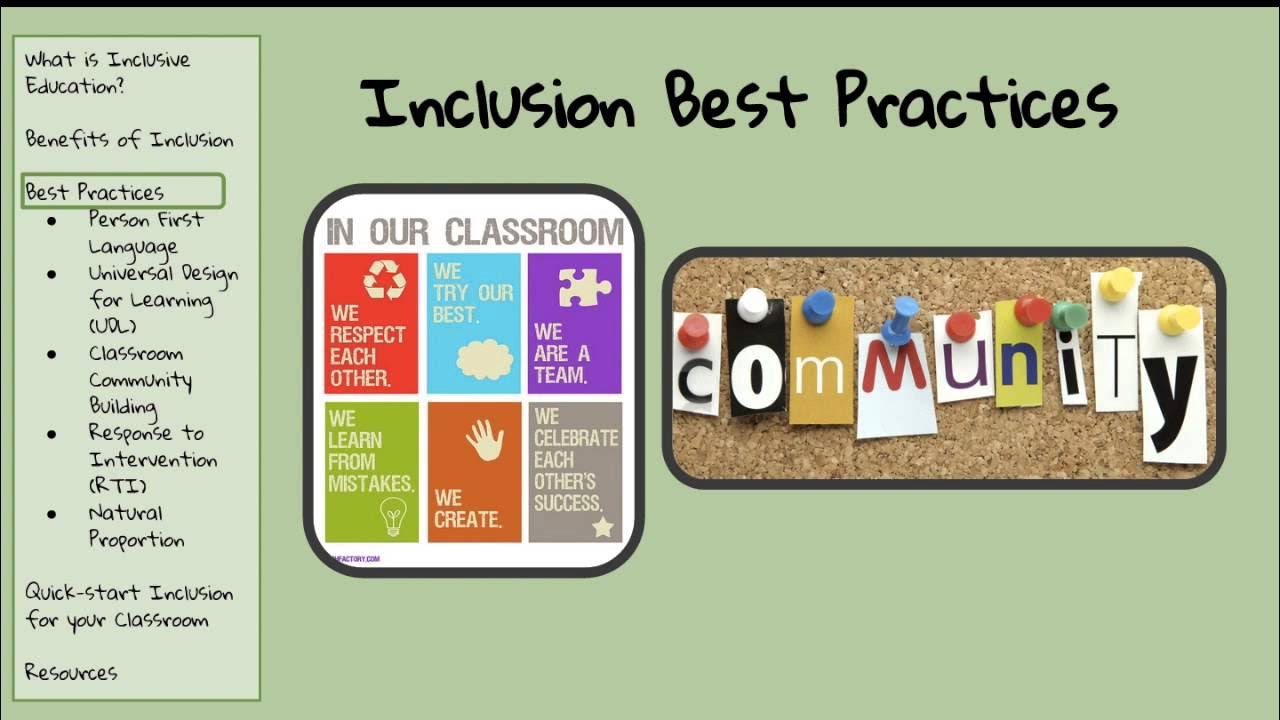Basagan ng Trip with Leloy Claudio: Spotting biases and history's role in healing society
Summary
TLDRIn this episode of 'A Second and Trip,' host Tyler Claudio interviews Cheeky Agency Leo, the first female summa laude graduate in history from the University of the Philippines. They discuss her journey into history, inspired by a high school teacher, and the importance of critical thinking and research in the discipline. Leo shares how her history degree has influenced her current role as a policy assistant, emphasizing the relevance of historical knowledge in understanding patterns for future learning and change. The conversation highlights the value of empathy, humility, and honesty in historical study and its application in various fields.
Takeaways
- 🎓 The guest, Cheeky, was inspired to pursue history by her high school teacher who encouraged critical thinking rather than rote memorization.
- 🔍 Cheeky sees history as detective work, requiring investigative skills and a passion for uncovering the past.
- 🏫 The University of the Philippines' history department is renowned and requires students to learn foreign languages to access primary sources.
- 🌏 Cheeky highlights the uniqueness of Philippine history due to its multiple colonizations and the layers of history that result.
- 📚 The study of history teaches valuable skills such as critical thinking, research, and writing, which are applicable across various fields.
- 🏛 Cheeky is not planning to pursue a career in history long-term but acknowledges its influence on her current projects and interests.
- 🔬 As a policy assistant, Cheeky applies her research skills and patience, traits honed during her history studies, to evaluate program impacts.
- 🤔 The script discusses the importance of recognizing bias in historical narratives and the need for context to understand different perspectives.
- 🌱 History can play a role in nation-building and healing societal wounds by acknowledging and learning from the past.
- 📝 Empathy in historical writing helps to identify judgmental perspectives and find common ground among differing viewpoints.
- 🌐 The conversation emphasizes the importance of humility, honesty, and empathy not only in historical research but also in social media and politics.
Q & A
What inspired the guest to choose history as her major?
-The guest was inspired to choose history as her major due to an epiphany while climbing a mountain with her father and being influenced by a high school history teacher who taught her to think critically.
Why did the guest initially consider Chemical Engineering or Biology as her field of study?
-The guest initially considered Chemical Engineering or Biology because she liked math and chemistry, and had a dream of becoming a marine biologist.
What is the significance of learning a foreign language in the study of history as emphasized by the guest's department?
-Learning a foreign language, particularly Spanish, is significant because it allows students to access primary resources that have not been touched before and to understand historical documents without the loss in translation.
How does the guest view the uniqueness of Philippine history?
-The guest views Philippine history as unique due to its colonization by multiple groups over hundreds of years, which adds layers to its history.
What role does the guest see historians playing in the healing process of a country?
-The guest sees historians playing a role in nation-building and healing wounds of the past by acknowledging historical facts and patterns, which can help in learning and changing for the better.
How does the guest's background in history help her in her current role as a policy assistant?
-The guest's background in history helps her in research, writing, and critical thinking, which are valuable skills in her current role evaluating the impact of certain programs.
What are the three key words the guest believes are essential for historians?
-The three key words the guest believes are essential for historians are humility, honesty, and empathy.
Why is empathy important in the study of history according to the guest?
-Empathy is important in the study of history because it allows historians to understand and convey the experiences and feelings of people from the past, creating a more engaging and relatable historical narrative.
How does the guest define the role of a historian in terms of objectivity and empathy?
-The guest defines the role of a historian as someone who can be both rigorous and empathetic, maintaining objectivity in research while also having the capacity to understand and convey the emotional aspects of history.
What does the guest suggest as a way to make teaching history more relevant for students?
-The guest suggests focusing on teaching historical methods that help students spot biases, understand context, and piece together a story as close to the truth as possible, making history more engaging and applicable.
How does the guest view the importance of humility in the practice of history?
-The guest views humility as crucial in the practice of history because it allows historians to acknowledge their own biases and the ever-changing nature of the human experience, promoting a more honest and open-minded approach to historical study.
Outlines

此内容仅限付费用户访问。 请升级后访问。
立即升级Mindmap

此内容仅限付费用户访问。 请升级后访问。
立即升级Keywords

此内容仅限付费用户访问。 请升级后访问。
立即升级Highlights

此内容仅限付费用户访问。 请升级后访问。
立即升级Transcripts

此内容仅限付费用户访问。 请升级后访问。
立即升级5.0 / 5 (0 votes)






